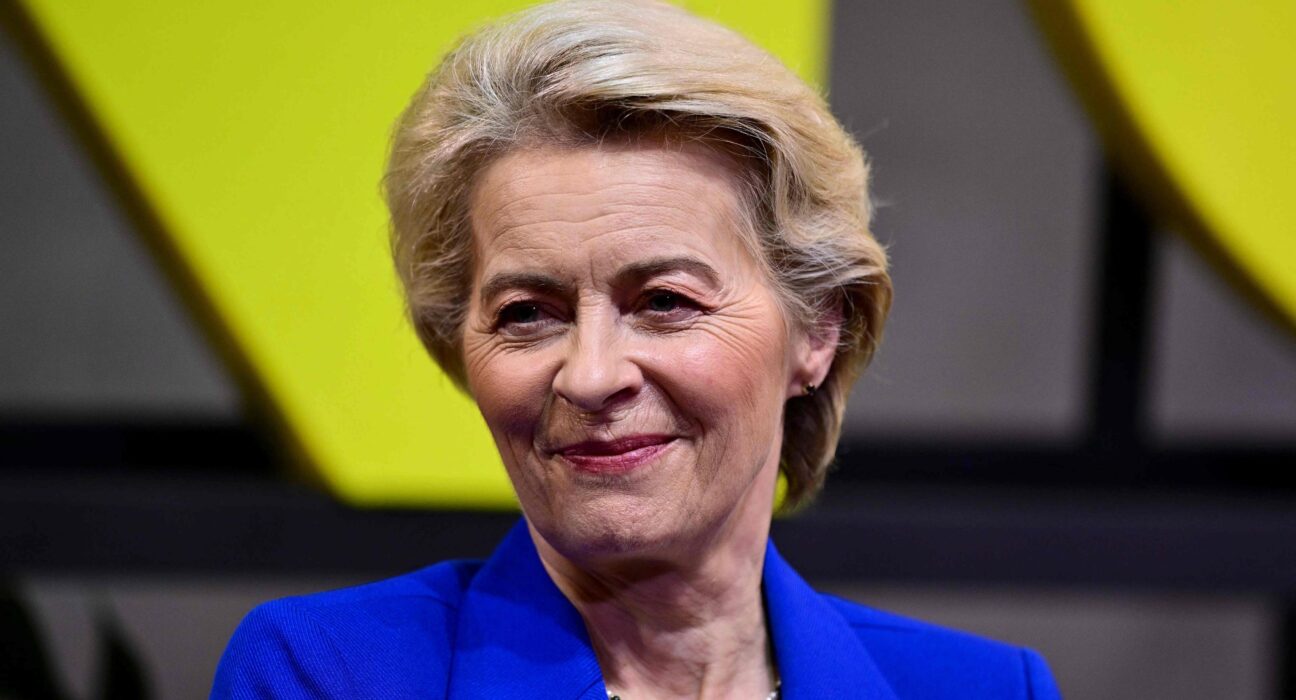The European Commission faced a crucial test when a motion of censure was raised against President Ursula von der Leyen. Despite surviving the vote, challenges lie ahead for her and the Commission in navigating the complex political landscape of the EU Parliament.
During the vote in Strasbourg, 175 MEPs supported the motion of censure, while 360 voted against it, with 18 abstentions. This outcome sheds light on key takeaways regarding the support for Von der Leyen’s leadership going forward.
One significant observation is the decrease in support for the Commission compared to a previous approval in November 2024. The lower number of MEPs defending the Commission this time around indicates a growing sense of discontent among lawmakers. Many chose not to participate in the vote as a way to express their dissatisfaction with Von der Leyen’s leadership without aligning with far-right motions.
Italian MEP Cecilia Strada highlighted this nuanced stance by stating,
“I don’t support far-right motions… I don’t trust this Commission.”
Her sentiments echo a broader sentiment within various political groups that are reevaluating their support for Von der Leyen’s administration.
The dynamics within political factions have also come into play following the confidence vote. For instance, despite initially supporting Von der Leyen’s appointment in 2024, some members of the European Conservatives and Reformists (ECR), notably from Brothers of Italy party, shifted their position during this critical juncture. The divergence within these groups underscores internal tensions that could impact future decisions and alliances.
Furthermore, while Green/EFA group largely backed Von der Leyen during the vote, underlying concerns persist regarding environmental policies and migration strategies. This dichotomy between supporting the Commission and advocating for specific policy priorities creates a delicate balance that may influence future interactions between political factions and decision-making processes.
Despite facing challenges from various fronts, including emerging opposition from far-right groups emboldened by symbolic victories post-vote outcomes suggest potential hurdles awaiting Von der Leyen as she navigates budget negotiations amidst competing demands from different political entities.
The upcoming presentation of proposals for multiannual budgets will test Von der Leyen’s ability to navigate divergent interests and secure consensus on crucial funding allocations. As negotiations intensify, each political group will seek to advance its agenda while holding firm on key priorities – setting the stage for complex deliberations and compromises ahead.
In light of these developments post-confidence vote, Von der Leyen finds herself at a pivotal juncture where strategic decision-making and adept navigation through intricate political landscapes will be imperative for sustaining momentum and fostering cohesion within EU institutions.

